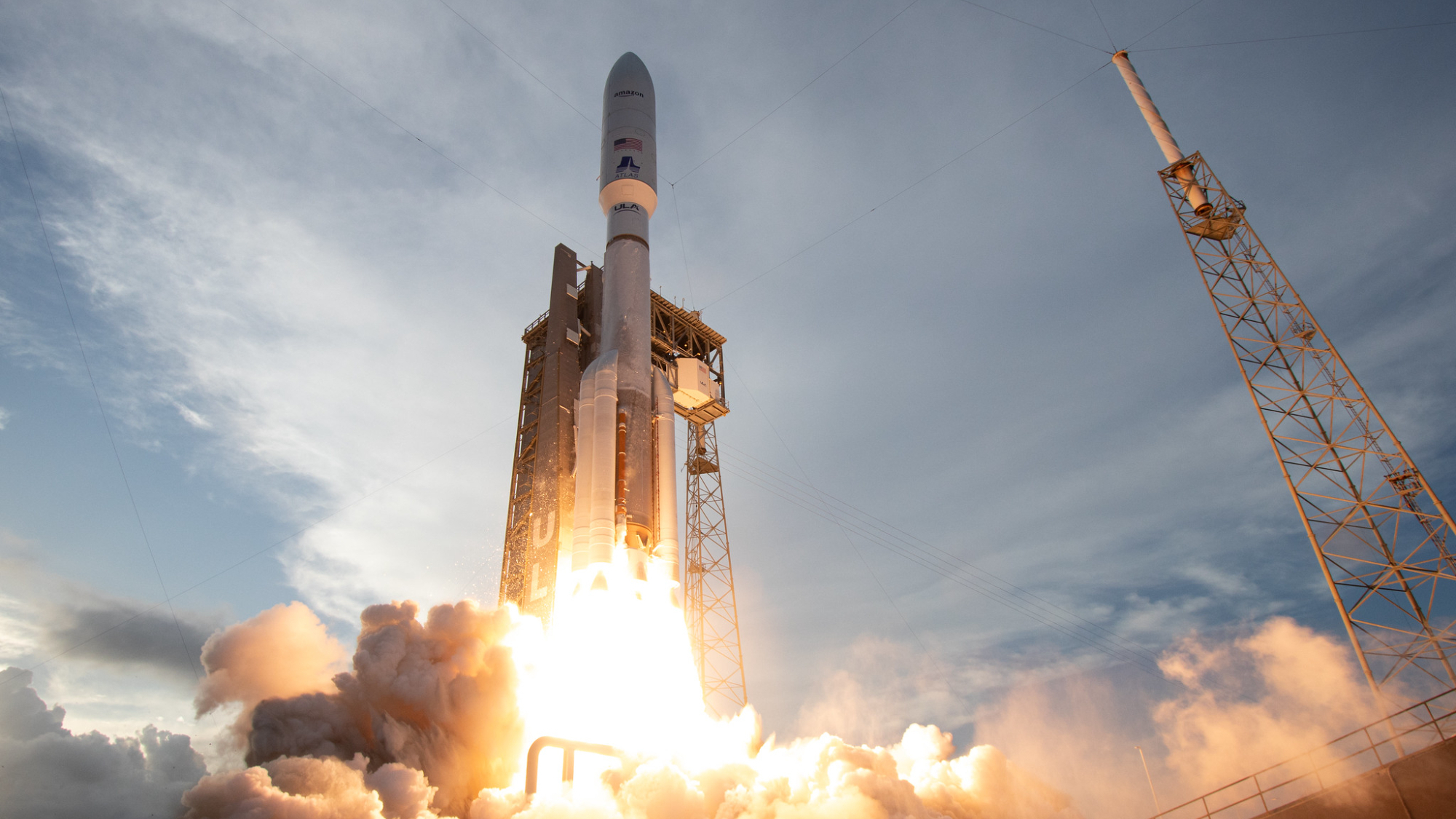Leonard David is an award-winning space journalist who has been reporting on space activities for more than 50 years. Currently writing as Space.com's Space Insider Columnist among his other projects, Leonard has authored numerous books on space exploration, Mars missions and more, with his latest being "Moon Rush: The New Space Race" published in 2019 by National Geographic. He also wrote "Mars: Our Future on the Red Planet" released in 2016 by National Geographic. Leonard has served as a correspondent for SpaceNews, Scientific American and Aerospace America for the AIAA. He has received many awards, including the first Ordway Award for Sustained Excellence in Spaceflight History in 2015 at the AAS Wernher von Braun Memorial Symposium. You can find out Leonard's latest project at his website and on Twitter.
Latest articles by Leonard David
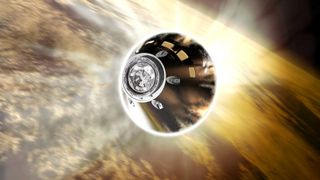
NASA faces tough decisions on Orion capsule's heat shield for Artemis moon missions
By Leonard David published
NASA remains in an ongoing test mode to determine what’s behind the ablative thermal protective material that chipped away unexpectedly from the Artemis 1 Orion heat shield during its reentry.
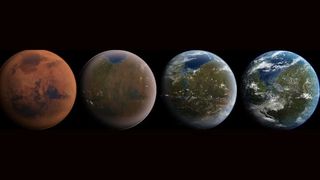
'First tree on Mars:' Scientists measure greenhouse effect needed to terraform Red Planet
By Leonard David published
What is the amount of greenhouse warming required to heat up the cold climes of Mars enough so that trees can grow on the Red Planet?
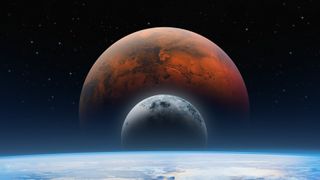
'NASA at a crossroads:' Budget woes, aging infrastructure and hard choices ahead
By Leonard David published
The next few years are likely to be pivotal ones for NASA, according to a hard-hitting report by the U.S. National Academies of Sciences, Engineering and Medicine.
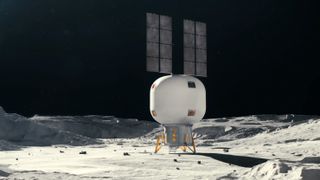
Blowing up: Inflatable space habitats could be key to exploring the solar system
By Leonard David published
Private companies are making progress on expandable habitats, which could help humanity keep its foothold in Earth orbit and settle the moon and Mars.
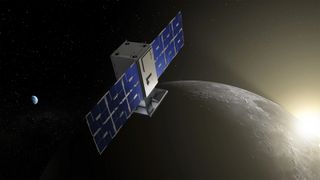
NASA extends tiny CAPSTONE probe's moon mission to December 2025
By Leonard David published
NASA has extended its CAPSTONE moon mission through December 2025, allowing the cubesat to continue its pioneering exploration work.
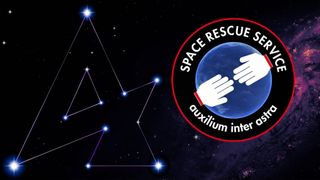
US needs 'space rescue service' to help astronauts in distress, experts say
By Leonard David published
The lessons of Apollo, Skylab and the space shuttle appear to have been forgotten: The US needs a plan for how to deal with human spaceflight emergencies, experts say.
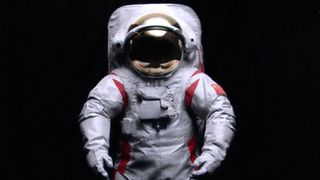
China unveils spacesuit for moonwalking astronauts (video)
By Leonard David published
China has revealed the design of its moonwalking spacesuit, which the nation hopes to start putting to use on the lunar surface by 2030.
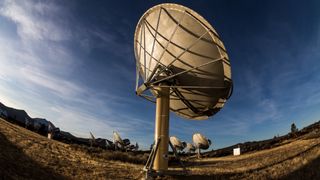
'We are close:' SETI astrobiologist Nathalie Cabrol on the search for life
By Leonard David published
Astrobiologist Nathalie Cabrol seeks answers to two key questions: Are we alone in the universe? How did life on Earth begin in the first place?
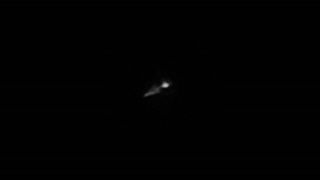
New image of China's secret space plane shows delta-wing design
By Leonard David published
Images captured by spacecraft tracker appear to show China's mysterious space plane sporting a delta-wing design.
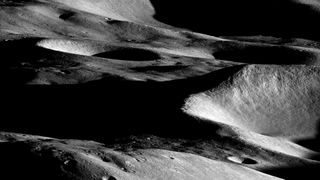
Moonquakes could 'pose a possible hazard' to Artemis moon missions, study finds
By Leonard David published
Scientists have found a group of faults near the moon's south pole that could pose seismic hazards for NASA's Artemis Program of lunar exploration that seeks to establish a presence in the region.
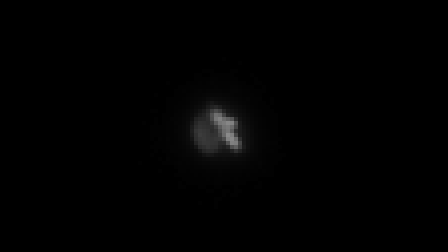
Caught on camera: Satellite tracker photographs secret spacecraft
By Leonard David published
Satellite tracker and photographer Felix Schöfbänker has captured a variety of secret spacecraft on camera, revealing "things that either were not known, or only were speculated before."
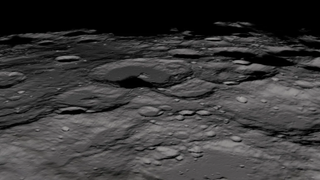
Should we regulate the moon? Scientists call for international plan to share lunar water and resources
By Leonard David published
Any lunar resource evaluation or prospecting campaign will need to be international in nature, as no one space agency will have the money or mandate to conduct it alone.
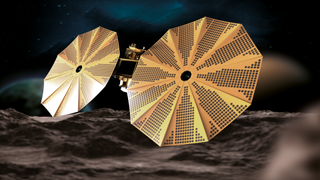
UAE on track to launch bold 7-asteroid mission in 2028
By Leonard David published
The Emirates Mission to the Asteroid Belt will conduct high-speed flybys of six asteroids, then orbit and drop a lander onto a seventh space rock.
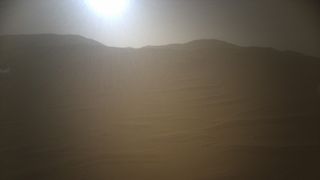
How can we protect humans on Mars from dangerous solar storm radiation?
By Leonard David published
As space agencies and private companies look toward sending human crews to Mars, they'll have to find ways to mitigate the dangers posed by high-energy radiation from solar storms.
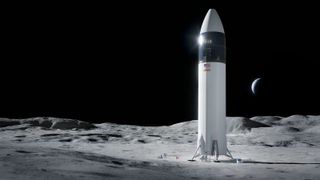
How can we build landing and launch pads on the moon?
By Leonard David published
If the future unfolds like some experts forecast, the moon is going to be one bustling spaceport. How can we handle all of that lunar traffic?
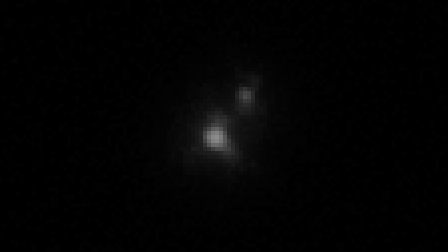
China's secretive space plane caught on camera in orbit (photos)
By Leonard David published
China's mysterious space plane has been caught on camera by a satellite watcher who snagged new imagery of the high-flying robotic vehicle.
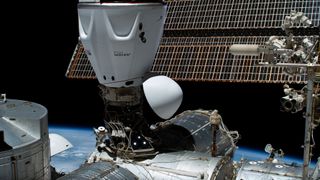
After ISS: The private space station era is dawning
By Leonard David published
As the end of the ISS looms on the horizon, NASA and private space companies are looking forward to the era of private space stations and what it will mean for humanity's presence in low Earth orbit.
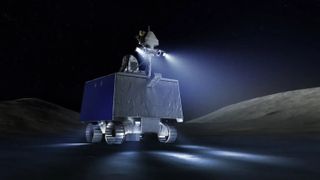
'A dark day for lunar science:' Scientists shocked as NASA cancels VIPER moon rover
By Leonard David published
Lunar scientists are stunned by NASA's decision to cancel the ice-hunting VIPER rover and what it means for our understanding of the moon.
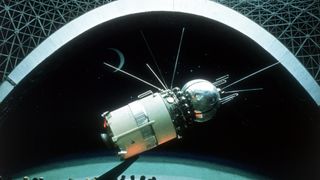
How the CIA 'kidnapped' a Soviet moon probe during the space race
By Leonard David published
To gain insight on how the Soviet Union built moon-bound gear, the U.S. Central Intelligence Agency (CIA) carried out a covert spy job on a Soviet exhibit in 1959.

'Drawn to our planet:' How spaceflight changed SpaceX Inspiration4 astronaut Chris Sembroski
By Leonard David published
Space.com caught up with Inspiration4 crewmember Chris Sembroski to discuss the landmark 2021 SpaceX mission and how it affected him.
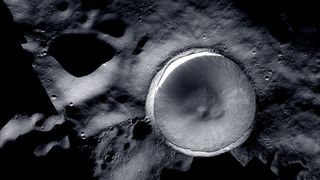
SpaceX Starship landings could contaminate water ice on the moon
By Leonard David published
Could human landing systems touching down on the moon deliver water from their rocket exhaust plumes? New research says it's a possibility.
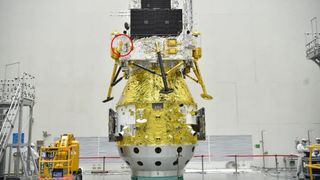
Get an up-close look at China's Chang'e 6 farside moon rover (video)
By Leonard David published
More information has come to light regarding the hitchhiking mini-rover on China's Chang'e 6 sample-return mission to the moon's far side.

Find a piece of SpaceX space junk? Call the hotline
By Leonard David published
SpaceX has established a debris hotline and a special email address to aid folks who may have found fallen pieces of the company's hardware.
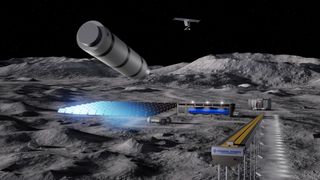
Could we launch resources from the moon with electromagnetic railguns?
By Leonard David published
Electromagnetic launches of material from the lunar surface can be more efficient than conventional rocket launches that rely on chemical fuels sent from Earth. But are they feasible?
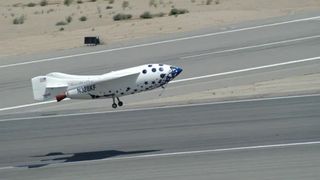
How SpaceShipOne's historic launch 20 years ago paved the way for a new space tourism era
By Leonard David published
On June 21, 2004, SpaceShipOne reached the final frontier for the first time, notching a huge milestone for private spaceflight and paving the way for space tourism.
Breaking space news, the latest updates on rocket launches, skywatching events and more!

